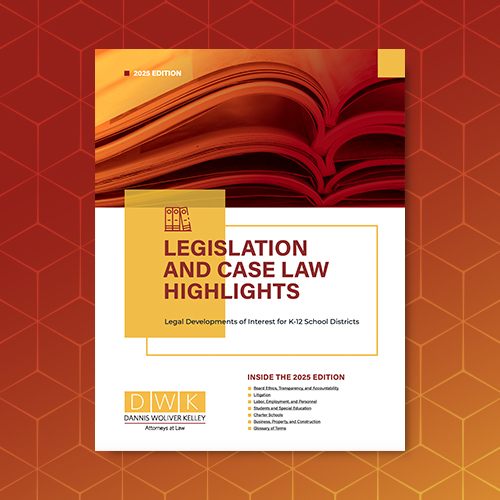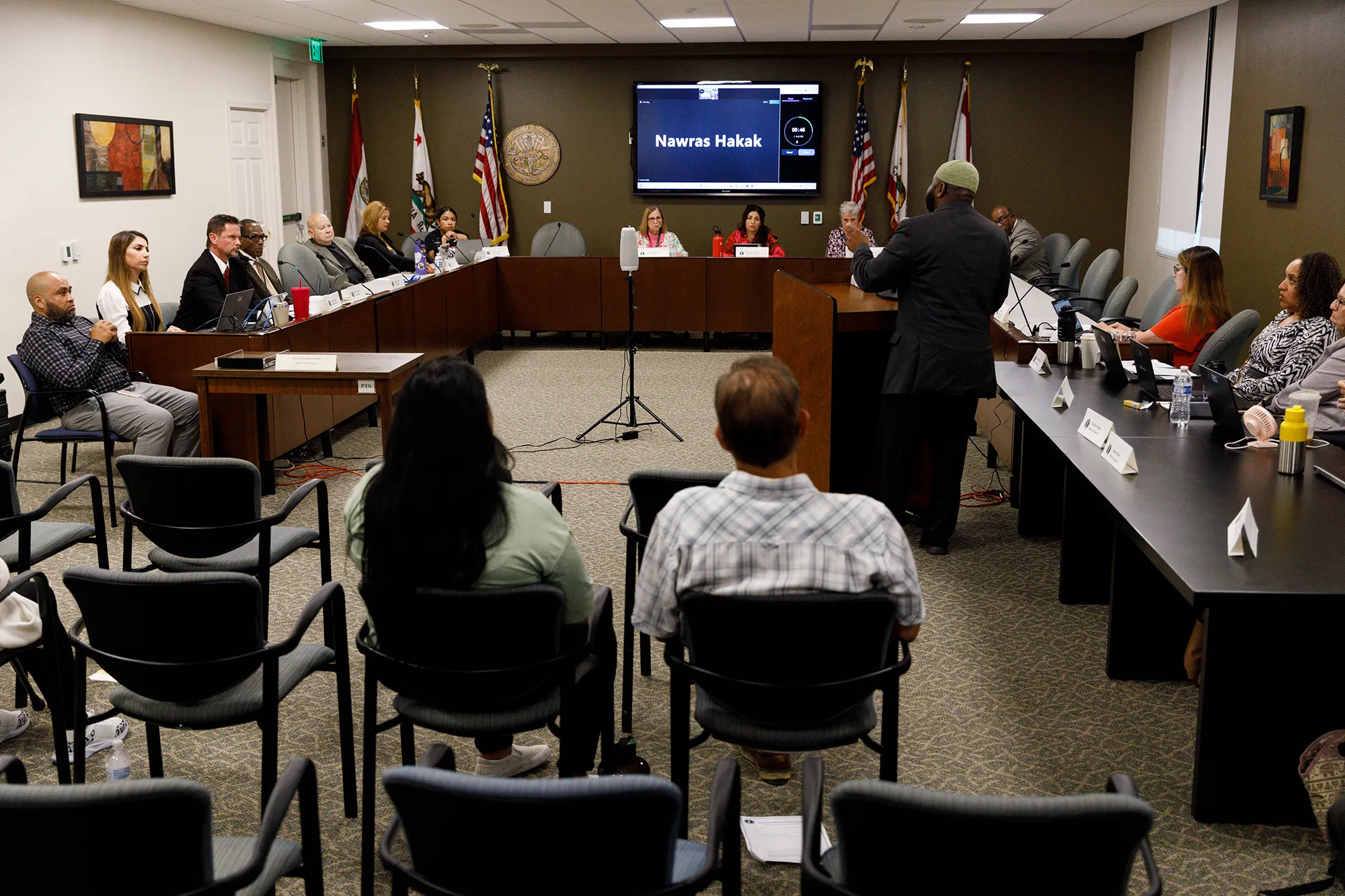A California appellate court has affirmed a public agency’s ability to limit the amount of time a member of the public is permitted to speak at a board meeting. The Court of Appeal in Ribakoff v. City of Long Beach (2018) ____ Cal.App.5th ____ [click here for a PDF of the opinion] confirmed that the Long Beach Transit Company board of directors’ policy of limiting public comment to three minutes per person, per agenda item – while providing unlimited time to staff speakers, and invited experts and guests – did not violate the law. This decision is the latest in a long line of cases recognizing a public agency’s ability to place reasonable, content neutral restrictions on speech during public meetings, striking a balance between the public’s right to address its elected officials and facilitating reasonably efficient, orderly, and effective public meetings.
Background
The Long Beach Transit Company is a public agency governed by a board of directors. At the beginning of the public comment section of each board meeting, the chair informs attendees of a three minute limit on public comment. At one board meeting a frequent attendee provided comment within the three minute limit. Before and after his comment, the board heard comments from staff members and invited speakers who made presentations related to the agenda item. No time limit was imposed on those speakers. As the board prepared to deliberate and hold a vote on the item, the frequent attendee asked for permission to speak a second time. The chair declined the attendee’s request.
Following the meeting, the attendee filed a civil complaint against the agency for alleged violations of the Ralph M. Brown Act (“Brown Act”) and of the right to freedom of speech as guaranteed by the United States and California Constitutions. He alleged that the application of the three minute time limit only to public speakers was an unlawful prior restraint.
Decision
The Brown Act provides that every agenda must provide an opportunity for members of the public to address the legislative body directly before or during its consideration of an agenda item. (Gov. Code, § 54954.3, subd. (b)(1).) However, the Brown Act also permits legislative bodies to adopt “reasonable regulations” to facilitate public comments (Gov. Code, § 54954.3, subd. (a)) including regulations that limit the total amount of time allowed for public comment on particular issues and for each individual speaker.
The attendee argued that a three-minute limit is presumptively unreasonable, particularly when there is no similar time limit on presentations by staff or invited guests. The court rejected his argument, focusing on the different purposes served by staff and invited guest presentations and comments provided by the general public. Specifically, the court noted that staff and invited guest presentations often must include detailed and lengthy analyses in order to properly inform both the members of the board and the public. The court emphasized that truncating these presentations hampers informed decision making by the legislative body. In reaching this decision, the court attempted to balance the informational purpose of staff and invited guest presentations against the potential disruption that could be caused by unlimited public comment.
In finding the restrictions lawful, the court conceded that a “restriction on a speaker’s time to speak inevitably restricts what the speaker can say in the time allotted. Such a restriction is not per se a restriction on the substance of the remarks.”
Impact
This decision supports a public agency’s ability to facilitate efficient and meaningful public meetings through reasonable restrictions on public comments. It affirms that governing boards may impose limits on the number of times and for how long a member of the public may comment on an agenda item while allowing invited speakers unlimited time to present to the board. The decision also underscores the importance of informing the public regarding the agency’s public participation policies and regulations.
Dannis Woliver Kelley has experience handling a wide variety of Ralph M. Brown Act issues and can assist your district in formulating appropriate public meeting policies and regulations. If you have questions about your public meeting policies or any other issue affecting public meetings at your district, please do not hesitate to contact a DWK attorney in our Board Ethics, Transparency and Accountability group.



